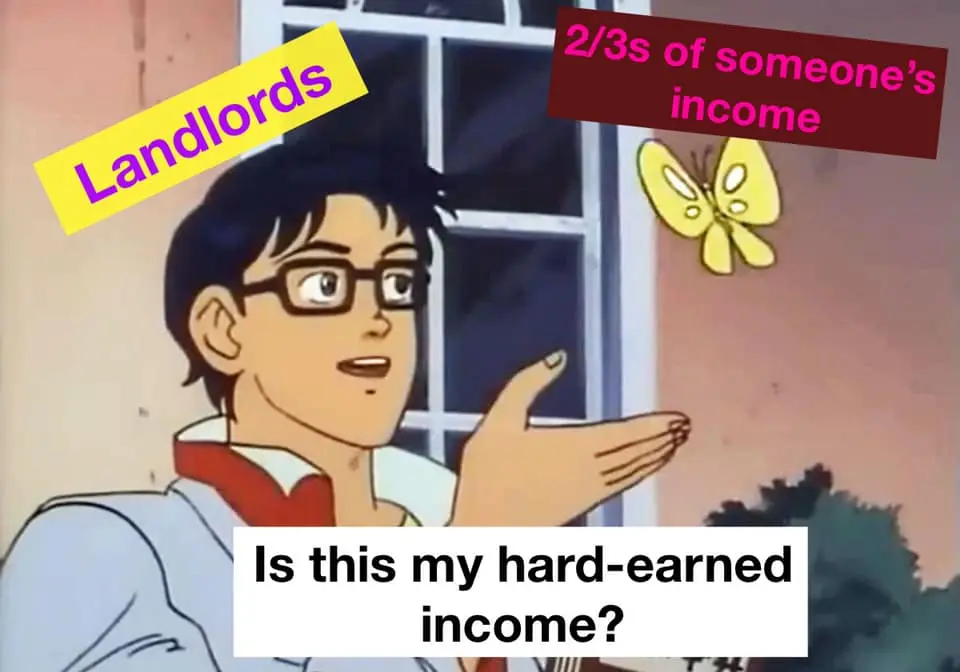this post was submitted on 11 Jan 2024
1114 points (93.2% liked)
memes
17477 readers
2142 users here now
Community rules
1. Be civil
No trolling, bigotry or other insulting / annoying behaviour
2. No politics
This is non-politics community. For political memes please go to !politicalmemes@lemmy.world
3. No recent reposts
Check for reposts when posting a meme, you can only repost after 1 month
4. No bots
No bots without the express approval of the mods or the admins
5. No Spam/Ads/AI Slop
No advertisements or spam. This is an instance rule and the only way to live. We also consider AI slop to be spam in this community and is subject to removal.
A collection of some classic Lemmy memes for your enjoyment
Sister communities
- !tenforward@lemmy.world : Star Trek memes, chat and shitposts
- !lemmyshitpost@lemmy.world : Lemmy Shitposts, anything and everything goes.
- !linuxmemes@lemmy.world : Linux themed memes
- !comicstrips@lemmy.world : for those who love comic stories.
founded 2 years ago
MODERATORS
you are viewing a single comment's thread
view the rest of the comments
view the rest of the comments

I think the issue there is that there's more risk to mortgage companies than "tons of history showing it's paid". There's a reason they use complicated equations instead of interviews to make decisions related to risk. Questions that don't directly relate to someone being unable to pay mortgage:
And with the rest of the equation, home ownership is higher risk than renting because a tenant isn't responsible for damage and repairs. If, for example, peeling asbestos gets discovered and you have to move out to fix it to the tune of $10,000 or more, will that homeowner be able to afford it? Will they just walk out and start renting somewhere? There's a lot of things not covered by homeowners insurance that can financially devastate a homeowner, and the mortgagee (bank) might notice an income disruption that a renter would not.